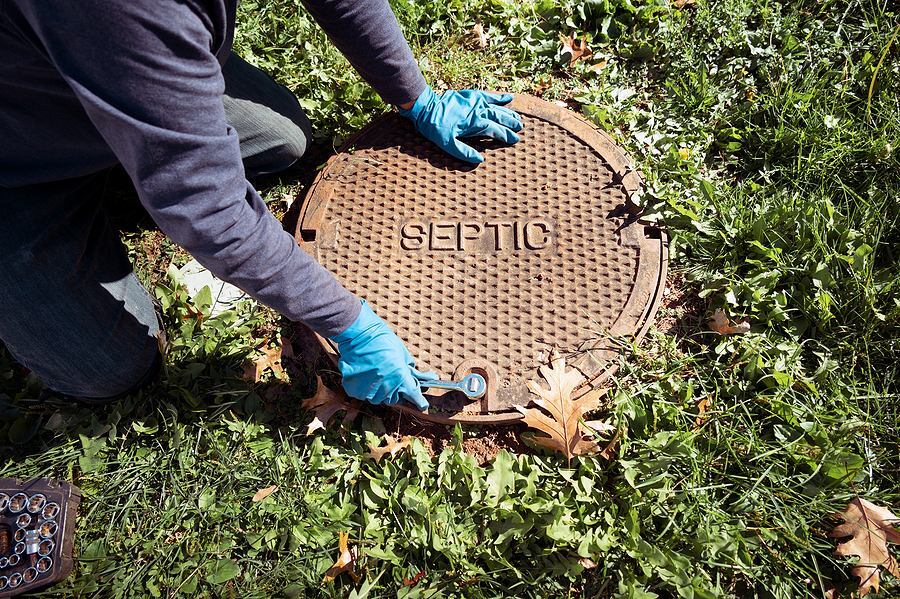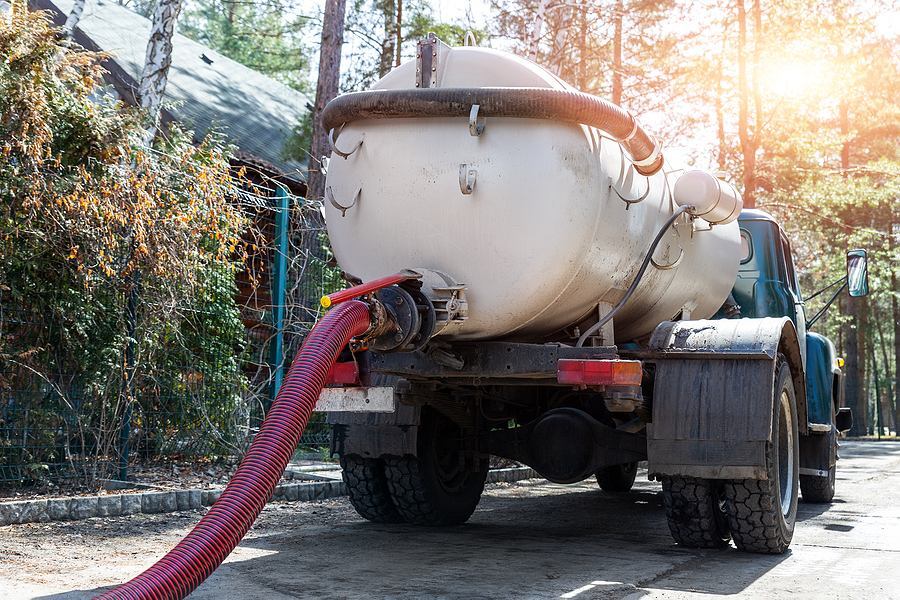- Inspect and Pump Frequently: The EPA recommends an inspection every three years and pumping every three to five years. But remember, this interval can change based on your household size, total wastewater generated, tank size, and more.
- Efficient Water Use: All the water a household sends down its pipes winds up in its septic system. Spread out laundry days and try not to use multiple water-intensive appliances simultaneously. Don’t overwhelm your septic system with too much water at once. By using high-efficiency fixtures and appliances, you reduce the water burden on your system.
- Proper Waste Disposal: Everything that goes down your drains affects your septic system. Avoid flushing anything besides human waste and toilet paper. Keep food scraps, grease, and non-biodegradables out of your plumbing.
- Keep It Natural: Your septic system's natural biological process is not a fan of hazardous chemicals or medicines. Even a small amount can be disruptive.
- Choose the Right Additives: Some additives can benefit your tank, but the wrong ones can do more harm than good. Seek expert advice before pouring any helpers into your system.
- Drain Field Care: Keep your drain field clear of parked cars, and avoid planting trees nearby to prevent root encroachment. Grass is the most effective cover for your drain field, and it's a good idea to keep other plants at a respectable distance. If roots have found their way into your system, immediate action is required. Root removal and pipe repair can be complex, so enlisting professionals is your best bet.
Signs of Septic Distress
Sometimes, no matter how attentive you are, your system will ask for help. Recognizing the SOS signals can save you from a full-blown septic meltdown. Here’s what to keep an eye out for:
- Slow Drains: If your sinks or toilets are reluctant to empty, it could be a cry for help from your septic system.
- Gurgling Pipes: Odd sounds from your plumbing might be amusing at first, but they’re usually the prelude to a bigger issue.
- Unpleasant Odors: If it smells like something died in your backyard, it’s probably your septic system sending up a flare.
- Wet Spots: Pools of water or soggy ground around your septic tank or drain field can be a tell-tale sign of trouble.
Do You Need Help Keeping Your Septic System Under Control?
A neglected system can lead to septic failure that could have been easily avoided with regular maintenance and a bit of foresight. If you're struggling with symptoms of septic trouble, it's time to get professional care. Call Express Plumbing & Rooter. Our specialists are ready to keep your septic troubles at bay. Contact our team for more details or to schedule a convenient appointment with a septic specialist near you.

